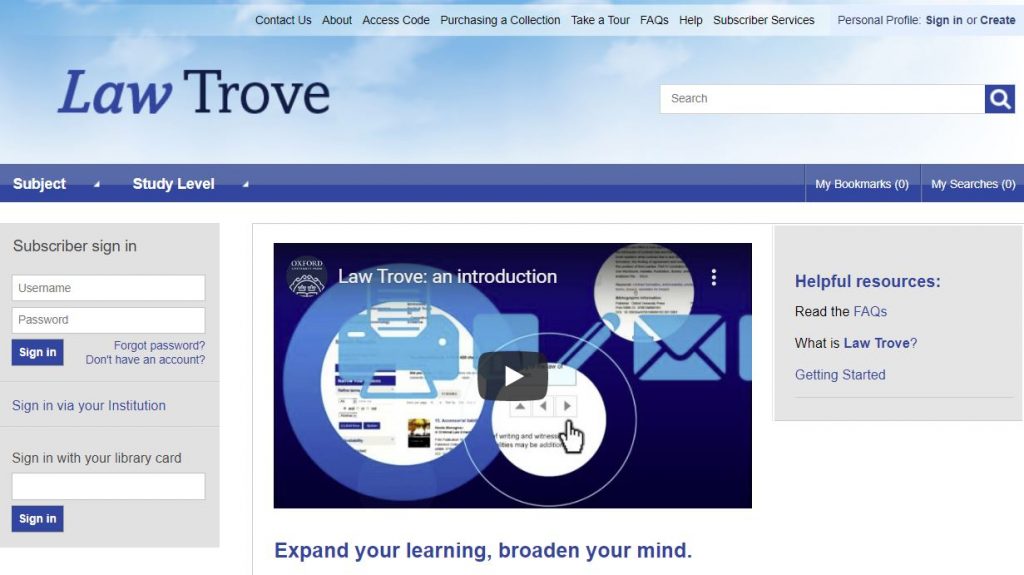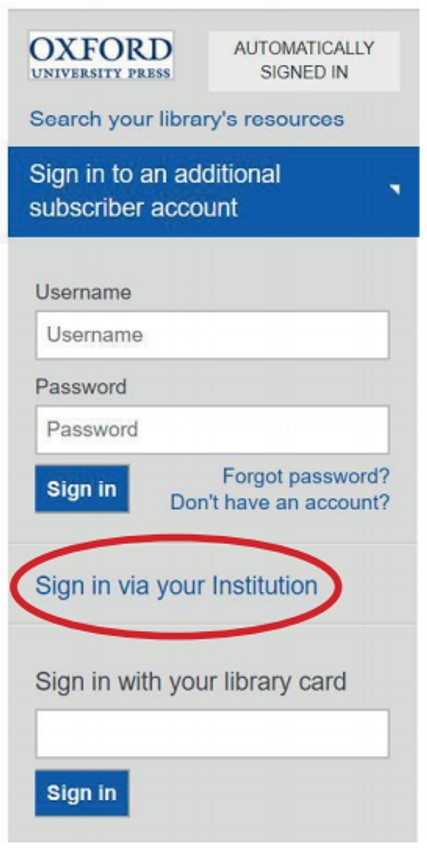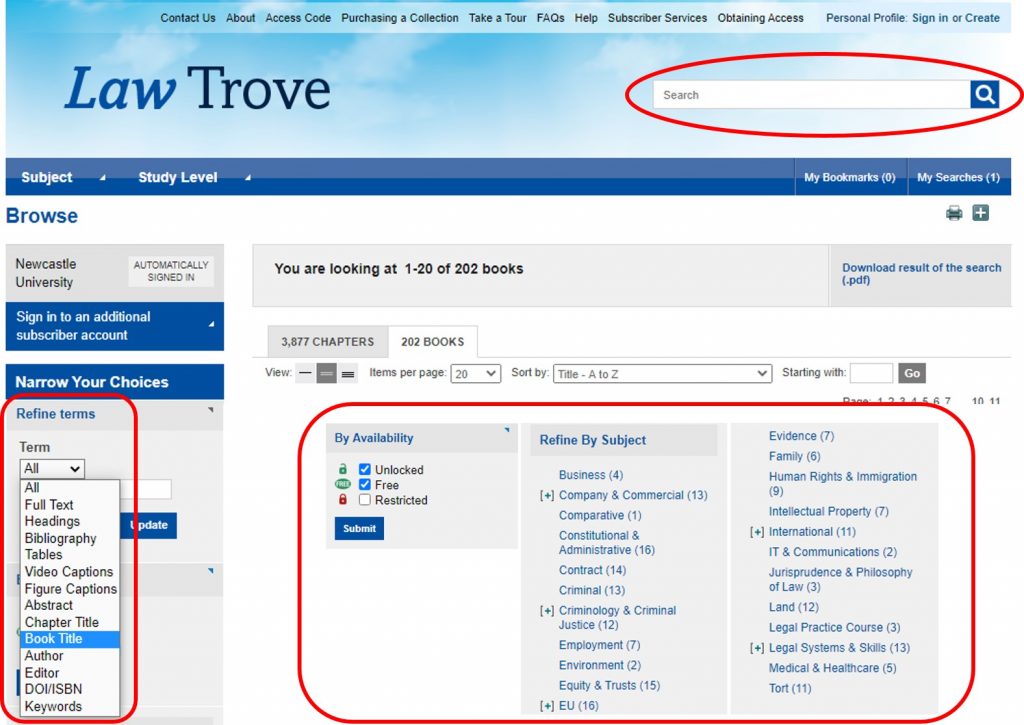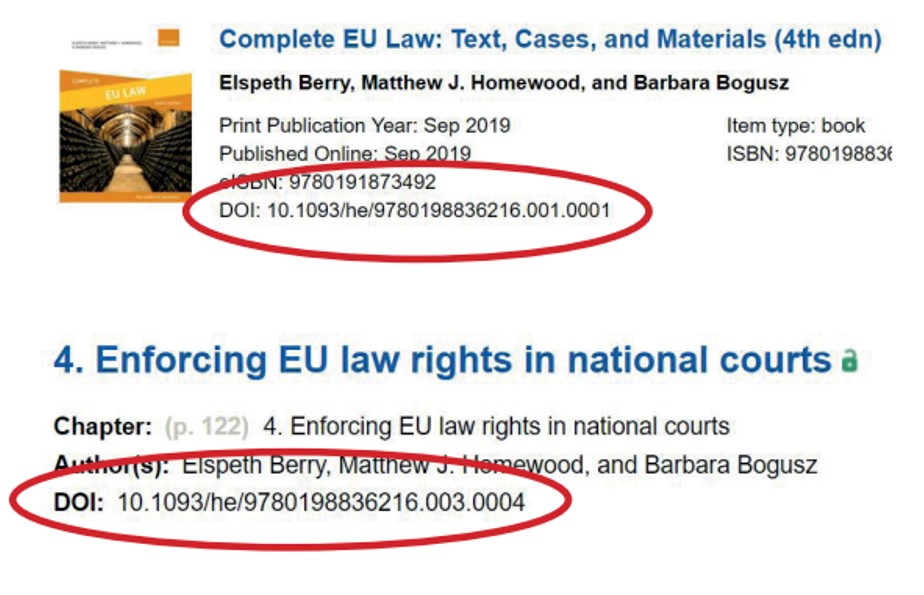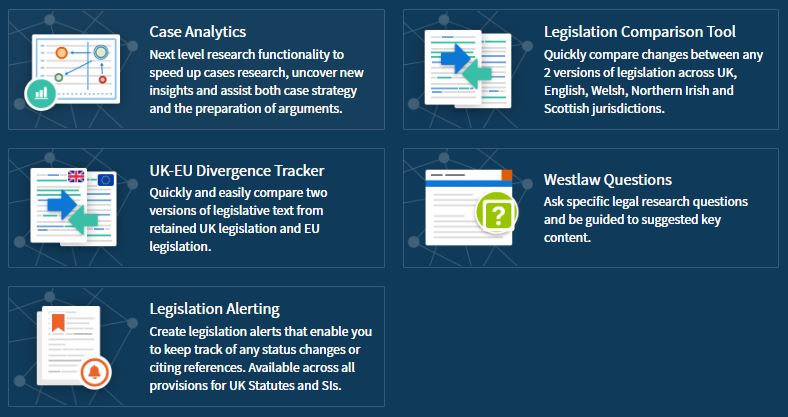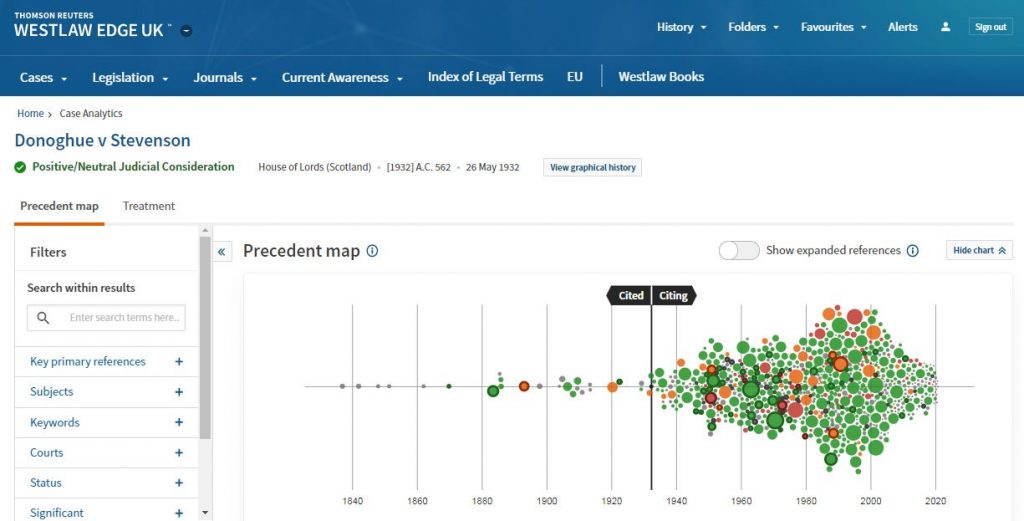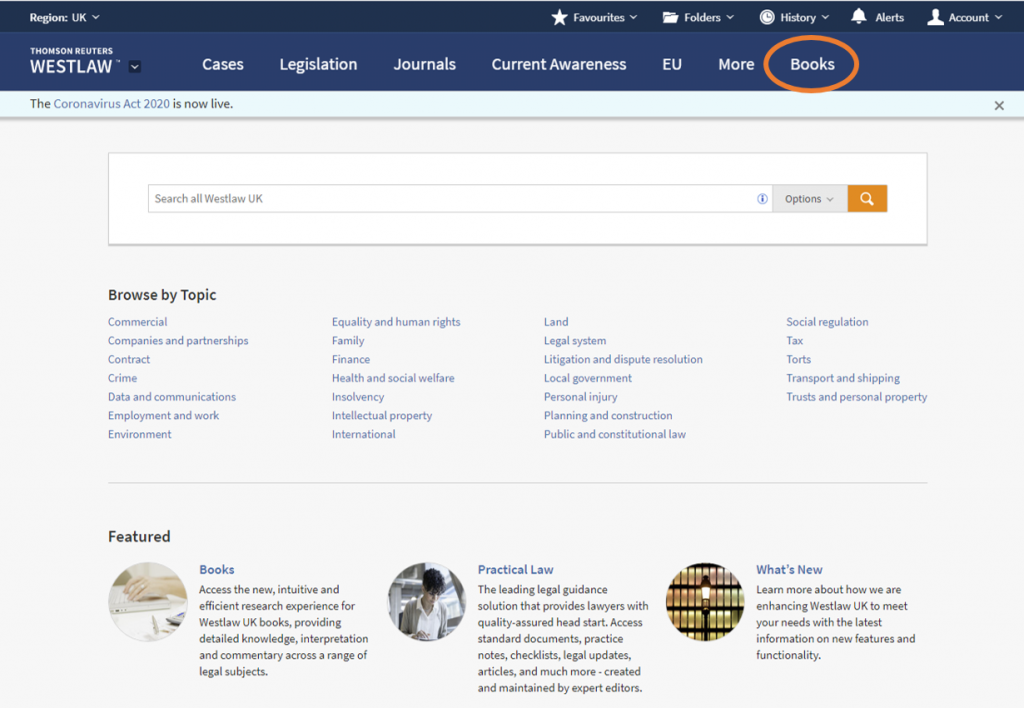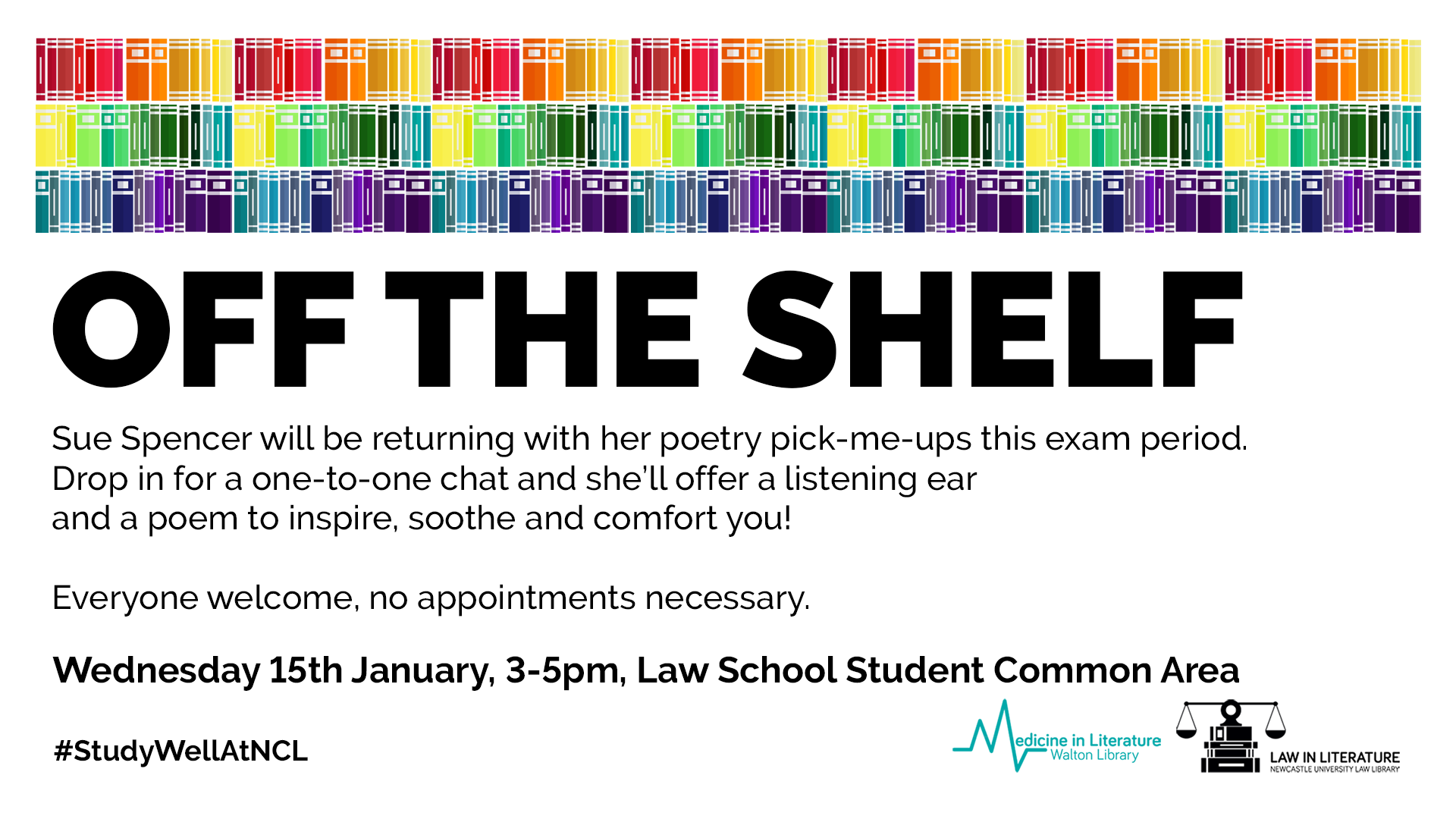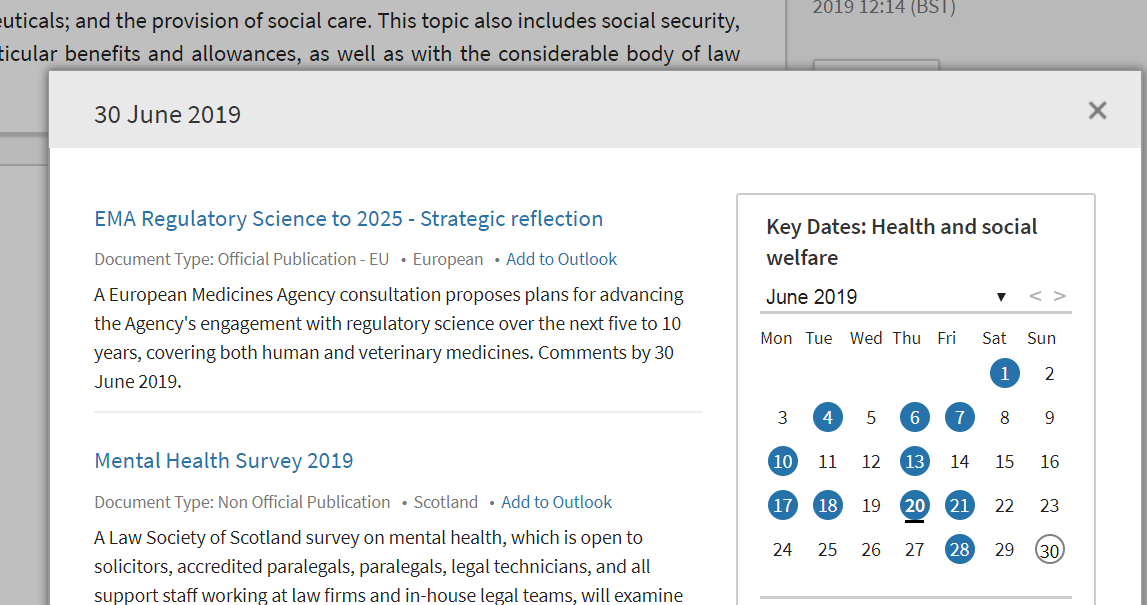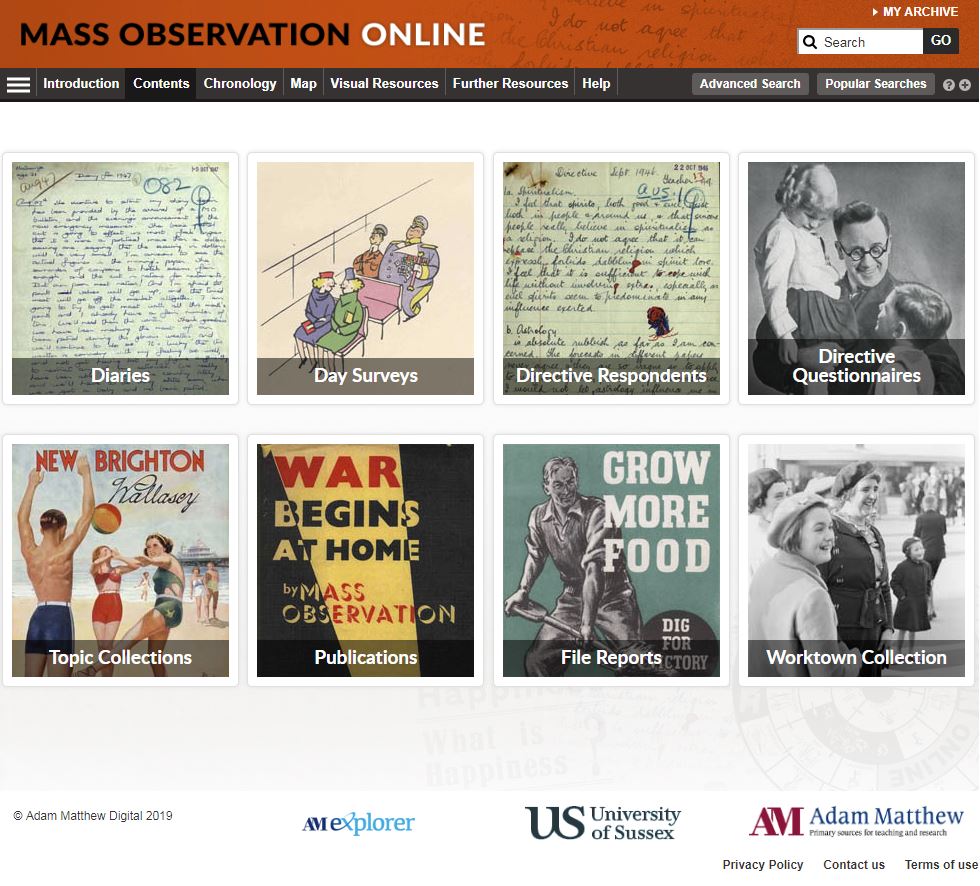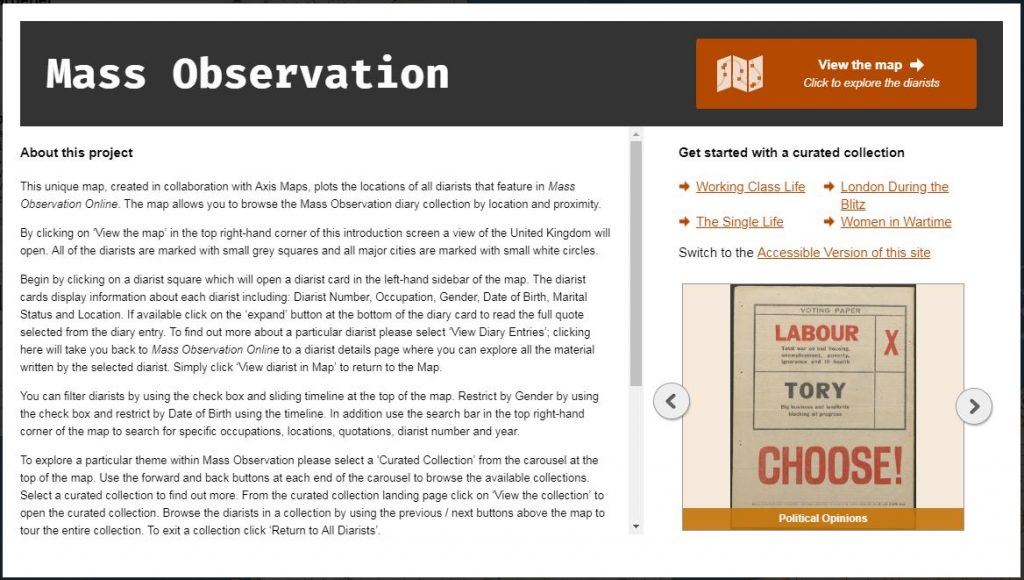
The Library has purchased access to several new collections in the British Online Archives series:
BBC Handbooks, Annual Reports and Accounts, 1927-2002

This collection contains handbooks, annual reports and accounts published by the BBC between 1927 and 2002. It also includes a review of each year’s public service broadcasting, with detailed schedules, audience research, performance and objective tables, commentaries, and editorials. A great opportunity to examine the social and cultural forces that shaped Britain in the 20th century.
British Officers’ Diaries from World War One
These diaries reveal what life was like for the average British soldier in the Battle of the Somme and later battles of Ypres. The battles of Loos, Arras, Vimy Ridge, and Bethune are also covered. The letters home will have been censored by the army: how much was removed depended on the censor. Tactical information and details of military training often remain, as the main concern was morale.
British Union of Fascists: Newspapers and Secret Files 1933-1951

This collection charts the rise and fall of fascism in Britain during the 1930s and 1940s, with a particular focus on Oswald Mosley’s blackshirt movement.
The bulk of the documents are official BUF publications, including Fascist Week¸ The Blackshirt, The East London Pioneer, and Action. In addition, there are hundreds of Government documents relating to Mosley’s internment during the Second World War, including Cabinet Office, Home Office and Prime Ministerial papers.
Paris Peace Conference and Beyond, 1919-1939

This collection contains archival material relating to this tumultuous period in European and world history. The documents cover the treaties of Versailles, Saint-Germain-en-Laye, Neuilly-sur-Seine, Trianon, Sèvres, Lausanne, and Locarno, as well as the foundation of the League of Nations. Most of the files are drawn from the UK National Archives, while the British Library provided the personal papers of Lord Robert Cecil and Sir Arthur Balfour.
These new resources add to the Parliamentary Labour Party Papers 1968-1994 collection, which we had previously purchased.

